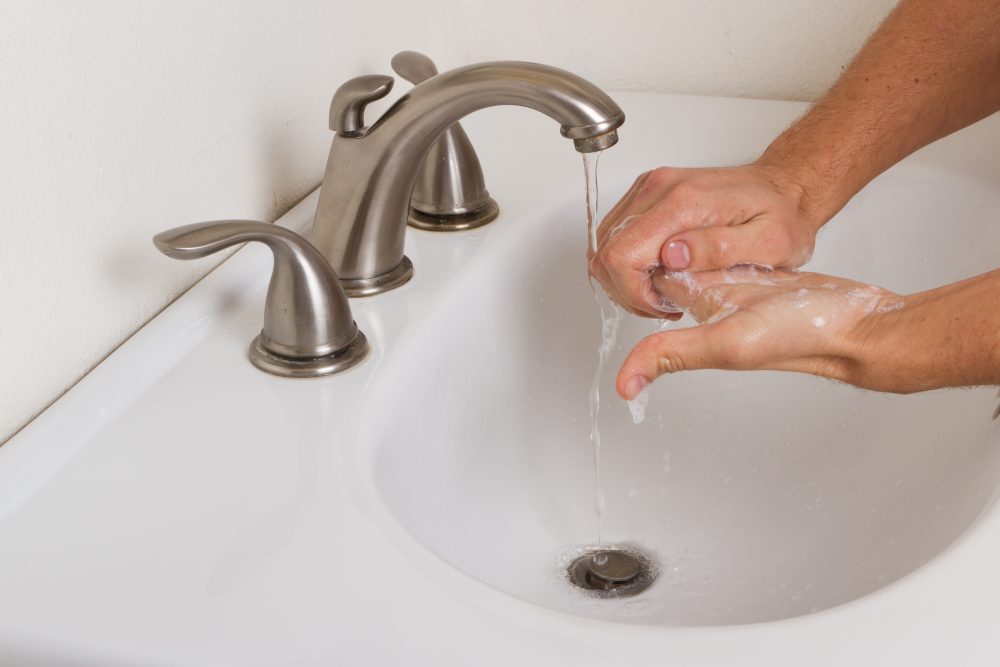Conquer your Obsessions and Obsessive Behavior
Many people have obsessive behavior and are not even aware of it. Please start by checking in with yourself and looking for these symptoms in your day to day life:
- Washing your hands more often than you use the bathroom
- Analyzing past experiences or conversations and imagining what you might have done wrong
- Checking the door is locked or belongings are in order
- Worrying about whether the time is odd or even, or counting steps to complete tasks

Do these sound familiar, or is there someone in your family who has these kinds of behaviors? If so, there may be a need for counseling in order to acquire good coping skills. Do not let yourself begin to worry about your worry itself, there are treatments! You may be given medication to calm your nerves or cognitive-behavioral strategies to help combat obsessions. For instance, you may try washing your hands only once and then saying a code word such as “Clean” and then continuing with your day.
Obsessive thoughts and behaviors are natural to an extent. However, if they are interfering with life by taking up extra time in the day or preventing you from falling asleep at night, your obsessions might be out of control. In particular, if you or a loved one are starting to have disagreements or repetitive conversations about obsessive habits, it is time to seek treatment.
If the answer to any of these questions is yes, or you have concerns please contact us for further help.
